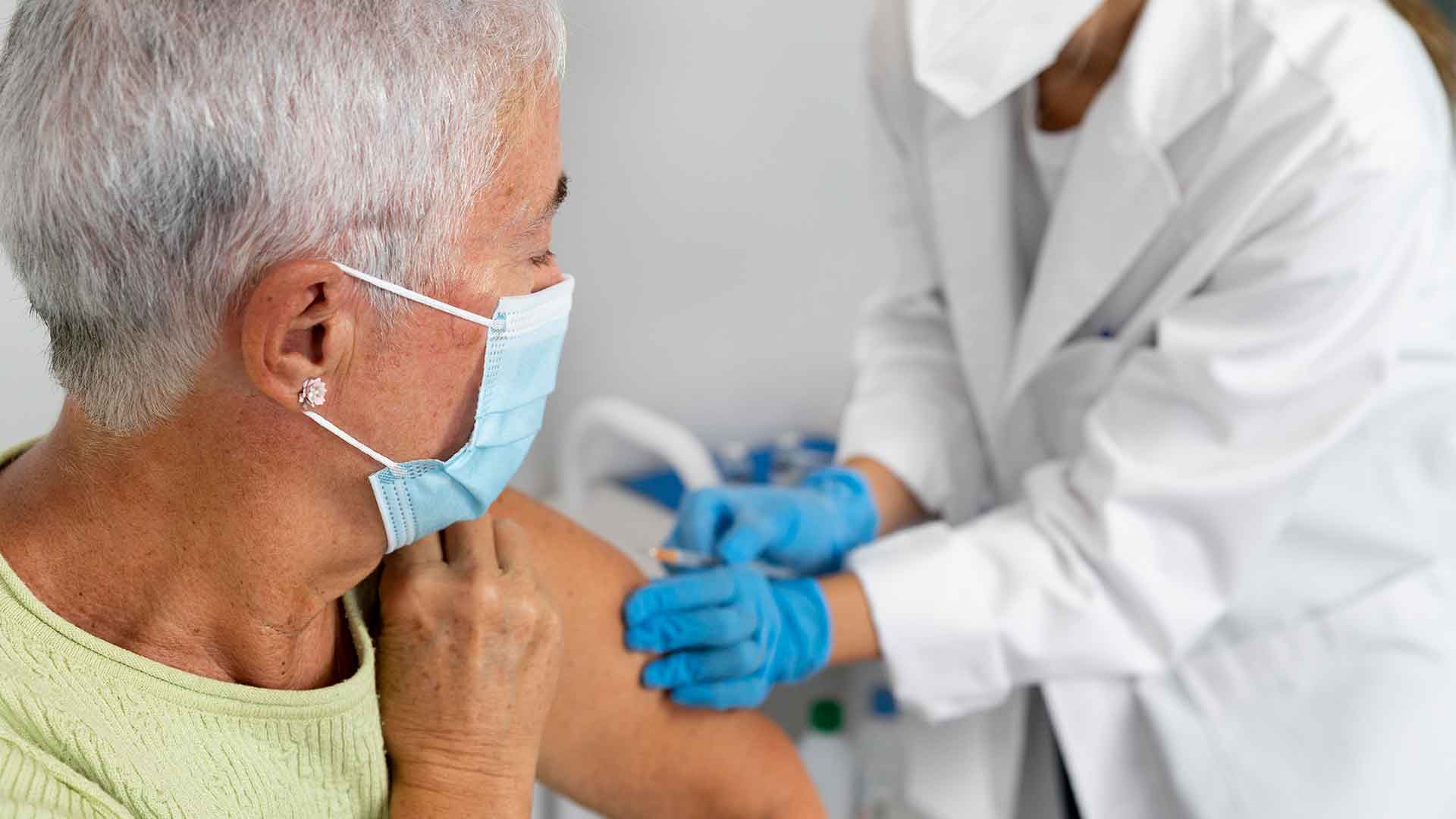Hepatitis B Vaccine in Ashford
We offer the Hepatitis B vaccine in Ashford at our clinic. You can simply make a booking online and attend the clinic at the booked time.
We also offer a wide range of other travel and non-travel vaccines and antimalarials.
Book Hepatitis B Vaccine in Ashford
Unit 11 Littleton House, Littleton Road, Ashford, Surrey, TW15 1UU
Hepatitis B Vaccine Price in Ashford
Click on the button below to view our vaccine prices.
What is Hepatitis B?
Hepatitis B, also known as Hep B, is a viral illness of the liver that is spread through blood and body fluids.
It usually causes no noticeable symptoms in adults and typically resolves on its own within a few months.
In children, however, it frequently lingers for years and can eventually lead to severe liver damage.
Hepatitis B is less prevalent in the United Kingdom than in other regions of the world, yet certain populations are at particularly high risk.
This includes individuals from high-risk countries, those who inject drugs, and those who engage in unprotected sexual activity with multiple sexual partners.


High Risk areas for Hep B
Hep B can be found throughout the globe but it is particularly common in the following parts of the world.
- east and southeast Asia
- sub-Saharan Africa
- the Indian subcontinent
- parts of South America
- southern parts of eastern and central Europe
- the Middle East
Majority of the new cases in the UK are found in people who travelled from these high risk areas.
If you are travelling to these areas, it is recommended that you speak with a travel health expert 6 to 8 weeks before. You might be advised to get vaccinated and also offered advice on other precautions that you can take against Hep B infection.
Main symptoms of Hep B
If you are travelling to a high risk areas or you work in a high risk occupation then getting the Hepatitis vaccination is usually recommended. Book a consultation with a travel health expert 6 to 8 weeks prior to travelling.
Even if you’ve been vaccinated against Hepatitis B, you should still take precautions to avoid infection. These include:
- Avoiding unprotected sex.
- do not share injecting equipment such as needles
- Avoid sharing shaving equipment or toothbrush with other people.
- Ensure that sterile equipments are used for tattooing, body piercing and other invasive procedures.
Hepatitis B vaccine in Ashford
If you need a Hepatitis B vaccine for travel or occupational purposes, you can book an appointment online with our travel vaccination clinic in Ashford.
We provide a comprehensive range of travel vaccinations and antimalarials. It is recommended that you book your appointment 6-8 weeks prior to your travel to ensure that you can get the recommended vaccinations on time.
The information in this post is for general information purposes. It is not intended to replace a medical advice from a healthcare professional.
We make an effort to keep the content on the this page up-to-date and accurate but we cannot be held liable for any inaccuracies/mistakes in the information on this page.
